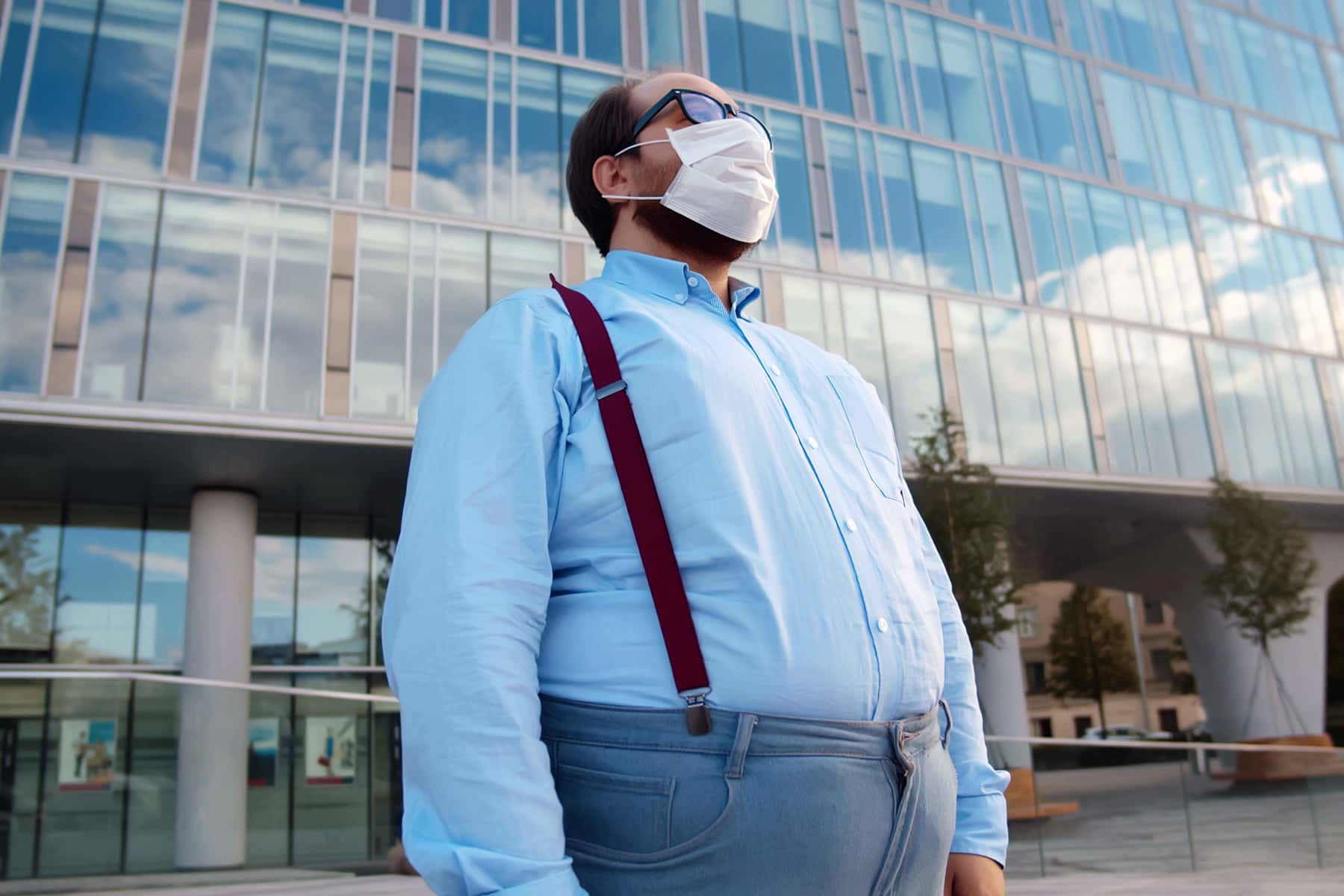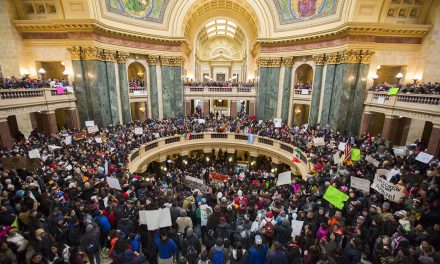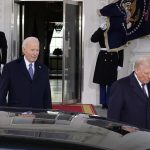
The United States spends more on healthcare than any other country in the world and yet it has had the largest share of the more than five million global COVID-19 deaths.
We are not out of the woods yet, but the number of new infections has been declining in recent months. And pundits are predicting that this could be the beginning of the end of America’s worst health crisis in recent history. There is hope that in the coming months the virus will become endemic due to the rising number of vaccinations and some natural immunity among previously infected people. According to polls, vaccine hesitancy is on the decline in the United States.
Furthermore, the Food and Drug Administration (FDA) recently granted emergency use authorization to the COVID-19 vaccine developed by Pfizer/BioNTech for children aged five to 11, clearing the way for millions of young Americans to get vaccinated. Merck and Pfizer have also recently applied to FDA for emergency authorization of their experimental antiviral pills. This promising scenario is a good time for us to introspect on what went wrong – why did so many Americans succumb to the novel coronavirus?
There is a clear consensus that we must at all costs avoid a repeat of the COVID-19 tragedy by building a resilient society. Understanding all factors that led to the debacle is key to our planning to fight any health crisis in the future. And for that Americans must ask one question they have avoided asking for too long, “Were we already sick before the pandemic?”
Public health experts point at many reasons, such as misinformation, vaccine hesitancy, and inadequate public health measures, for the COVID-19 catastrophe in the United States. But no one admits that, as a people, in addition to these problems, we Americans have had a weak immune system even before the emergence of COVID-19, and this precipitated matters.
A major factor that left Americans disproportionately vulnerable to COVID-19 is the high prevalence of obesity in the country. Having obesity puts people at risk for many other serious chronic diseases and increases the risk of severe illness from COVID-19, hospitalization in intensive care units, mechanical ventilation, and in worst-case scenarios, death.
Obese children are three times more at risk of requiring hospitalization after contracting COVID-19 than their peers who are not obese. Obesity also disproportionately affects ethnic and racial minority groups, as well as the poor – the same groups that are already facing increased risks from COVID-19.
Obesity in America has become a public health crisis in recent decades. In the 1990s, when I migrated to the United States, no state had more than 14 percent obesity. In less than 30 years, by 2020, that number has risen to 35 percent in 16 states.
According to the latest data provided by the CDC, in 2017-18 a whopping 42.4 percent of America’s total population was obese. Meanwhile, scientists predict at least half of the country will suffer from this debilitating condition by 2030. With 30 percent of the population classified as “overweight”, this means by the turn of the decade, only two out of 10 Americans will have a normal weight. And the COVID-19 pandemic added more fuel to this raging obesity crisis.
During COVID lockdowns, parks and schools have been closed down and Americans have been forced to stay indoors for extended periods of time. All this resulted in harmful lifestyle changes. An American Psychological Association (APA) survey of more than 3,000 people, conducted in February 2021, revealed that more than 60 percent of U.S. adults experienced undesired weight changes since the beginning of the pandemic. Forty-two percent of respondents said they gained around 13kg (28.7 pounds), while 10 percent said their weight gain was more than 20kg (44 pounds). According to the CDC, obesity in U.S. children also increased at an unprecedented rate during the pandemic due to the almost total lack of physical activity.
The CDC estimates that we spend $147bn each year on obesity-related illnesses like hypertension, heart attacks, diabetes, kidney disorders, asthma, infections and many other diseases. However, not a single American president in recent memory, whether Republican or Democratic, prioritized eliminating this leading cause of declining health in America. Not only leading politicians, but the entire nation seems to be in denial about this growing problem. Indeed, other issues impacting the wellbeing of Americans – climate change, access to abortion, gun control, ever-increasing healthcare costs etc – are constantly being discussed by politicians and media alike, but the obesity crisis is rarely mentioned in public conversations.
The CDC recommends eating healthily and doing regular exercise to prevent obesity. Clearly, recommendations are not enough, since more than 40 percent of the population today is obese. That is despite the U.S. having largest number of fitness centers in the world, as well as a wide range of diet companies.
The CDC spends $1.2bn a year to prevent and control all chronic diseases, including obesity. This may sound like a lot, but fast-food companies spend much more than this to ensure Americans continue consuming their products.
McDonald’s and Domino’s, for example, spent $779m and $442m respectively on advertising in 2019. Advertisement campaigns by such companies often target those who have the most to lose from gaining unhealthy eating habits – children and adolescents. Many McDonald’s restaurants have play areas and the company also gives away Disney toy figurines with its “Happy Meals” for children.
These companies also put out ads designed to make Black Americans – who have the highest rates of obesity among all U.S. demographics – consume more of their products. According to research published by UConn Rudd Center for Food Policy & Obesity in June 2021, Black preschoolers, children, and teens were exposed to approximately 90 percent more fast-food ads than their white peers in 2019.
The food industry should be held accountable for advertising their high fat and sugar items to children, and including toys in their kids’ meals, to lure children into consuming outrageous amounts of calories on a regular basis. Parents must also take responsibility and do their best to help their children develop healthy eating habits.
And most importantly, all Americans, as taxpayers, should call on lawmakers to take the growing obesity problem seriously. Obesity, just like climate change, is a great threat to public health in America, and our leaders have a responsibility to treat it as such. If only they had done that years ago and taken action, many lives could have been saved during the pandemic.
Americans can achieve anything if they put their minds to it. In 1971, President Richard Nixon signed the National Cancer Act, which led to a national war against cancer. It is high time to declare a similar war against the drivers of obesity. Only then, can we Americans have a healthier society, and be better prepared to beat the next pandemic.
Shyаm Bіswаl
Originally published on Al Jazeera as America’s COVID catastrophe: Were we sick before the pandemic?














